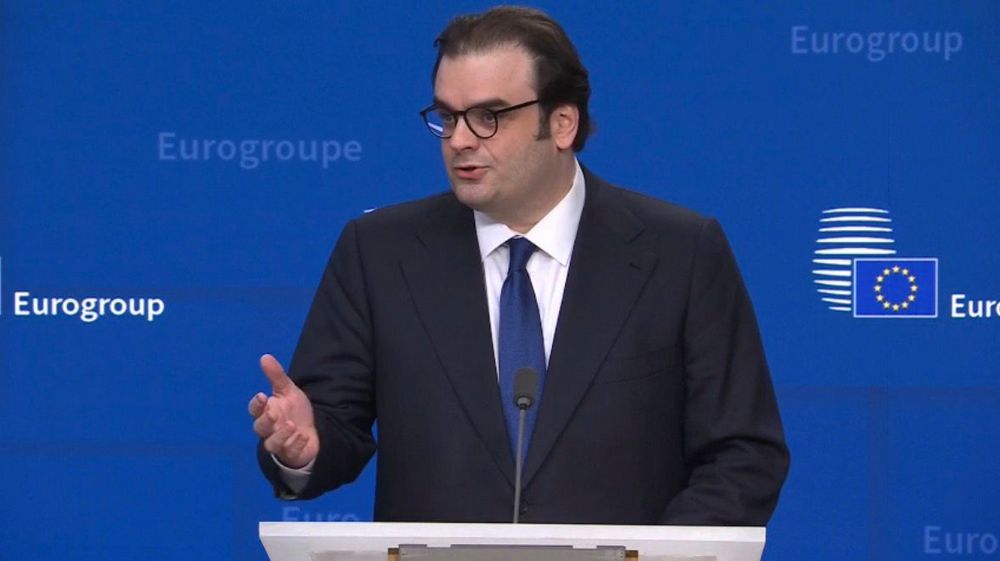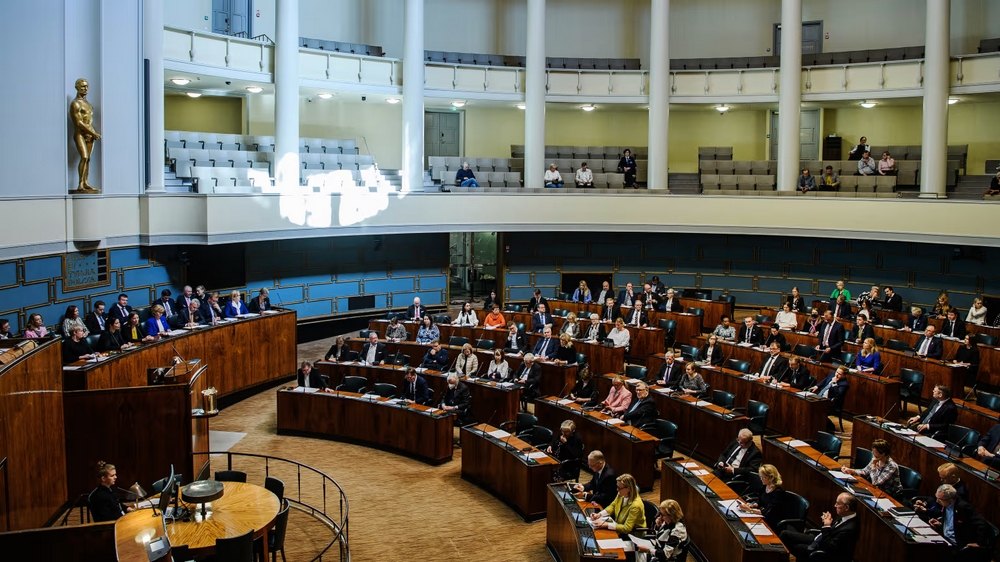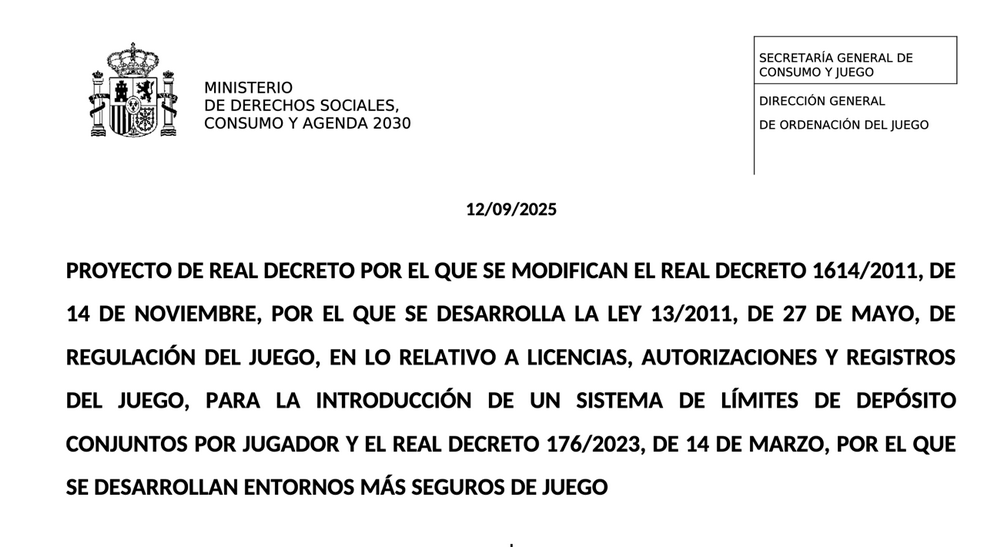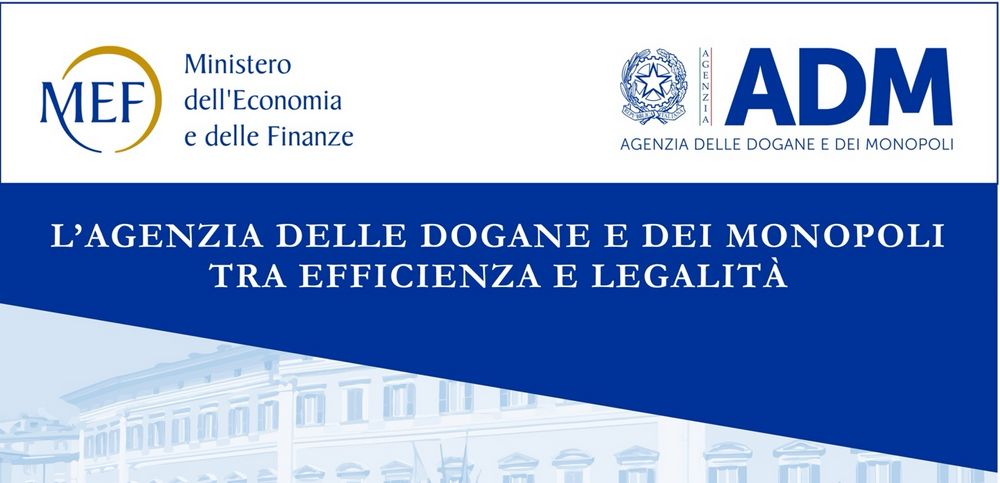Spain’s Ministry of Social Rights, Consumer Affairs, and Agenda 2030 has announced over €140 million in fines levied against online gambling operators in 2024, yet the lack of transparency surrounding these sanctions has stirred concern within the industry.
According to the official release, 26 operators were sanctioned in the second half of 2024 alone, including 14 for very serious violations, such as operating without a license. Combined with penalties issued earlier in the year, the total number of fines surpasses €140 million—a significant figure meant to demonstrate the government’s commitment to regulating the sector.

However, industry analysts have criticized the Ministry for failing to distinguish between penalties imposed on licensed vs. illegal operators. This omission, they argue, may unfairly damage the reputation of legally operating firms while giving the public a skewed view of compliance within Spain’s regulated gambling market.

Complicating enforcement further is the fact that many illegal operators are registered in offshore jurisdictions like Curaçao and the British Virgin Islands, making it difficult for Spanish authorities to locate and enforce penalties effectively.
Netherlands forcing regulations in Curacao
Industry associations are now calling for greater clarity and detailed reporting in future communications, insisting that a clear separation between legal and illegal operators is essential to maintain public trust in Spain’s gaming regulatory system. The controversy reveals a growing tension between regulatory action and communication strategy—underscoring the need for precision, accountability, and international cooperation in the fight against unlicensed gambling.








































